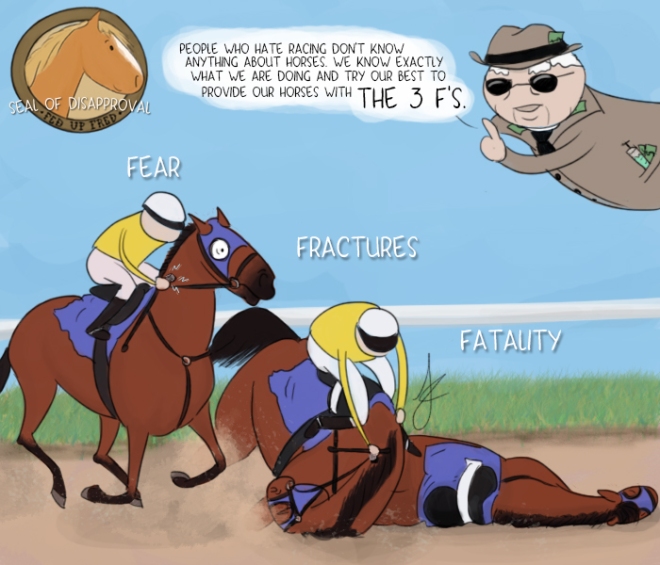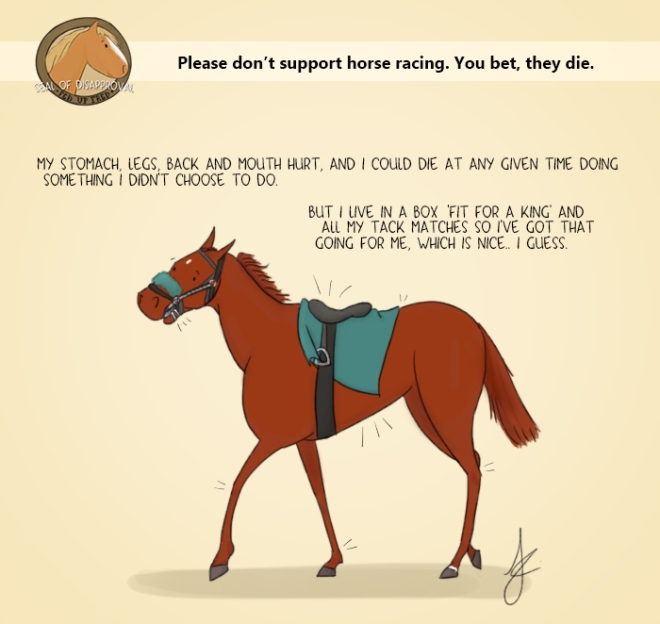It is our duty to keep our horses happy and healthy. In order to achieve this, we need to meet the horses’ behavioral and physiological needs. These needs vary from things horses seek from their everyday environment to the experiences they have with humans. We have to consider the horse’s physical, mental and emotional well-being at all times, or the horse’s welfare will be compromised.

Forage
The horse’s digestive system is designed to eat small quantities of high fibre roughage almost continuously, night and day. For this reason, a horse should have different kinds of forage available to eat at all times. Browsing and eating (from plants growing overhead as well as on the ground) also provides a social and enriching activity for a big part of the day. In a natural setting, horses would spend up to 16 hours a day foraging.
Freedom
If it is up to the horses, they will spend most of their day moving and covering great distances foraging, exploring and searching for resources. The space we set up for them to live in should be big enough for the horse to be able to use all gaits.
Friends
Company of their own kind is vital for horses to develop social skills and attain a feeling of relatedness and safety. Their well-being depends on having direct physical contact for play and grooming. REM sleep is only possible when the horse can lie flat and many will only do this with a friend to keep a look out. They need to interact with friends (horses they know well and like!) on a daily basis. Ideally, the horse will live in an established and consistent herd made up of males and females of different ages.
SaFety
Every individual animal has an instinctive drive to survive. When they think they are in danger, they will feel stressed and will immediately search for a way to feel safe again, usually by putting some distance between themselves and anything feared. The space we set up for them needs to be big enough for them to move away from other feared animals, loud noises and commotion and free of pollution of air or water, and the fencing we use to keep them from dangers should be secure. When a horse is ill or wounded, we need to get them treated immediately. They also need to be kept safe from humans. We need to strive for ways to keep and train them that are free from force, coercion, fear and stress.
ComFort
Just like forage, a horse should have fresh and clean water available to them at all times. All horses appreciate some man-made or natural shelter to provide relief from the sun and heat and flies and protection from the wind and rain. Where flies are extreme and horses suffer from fly-borne infections or allergies, extra protection may be required to ensure their comfort.
Fun
The importance of play is often underestimated, not just in animals. A young horse kept alone or with old infirm horses will often be deprived of play and this can often lead to frustration, boredom, stress, and will negatively affect creativity, industriousness and speed of learning. It is vital to provide a horse with friends to play with and toys that will enrich their life and challenge their senses. Balls, branches, other species like goats or sheep, creative ways of providing forage and other feeds, smells, the list goes on. Variety is the spice of life for horses too. Horses habituate quickly to novel things – so be on the look-out for new and novel enrichment ideas.
Sources (I’ll keep adding as I find interesting stuff)
What Every Horse Needs, Period


